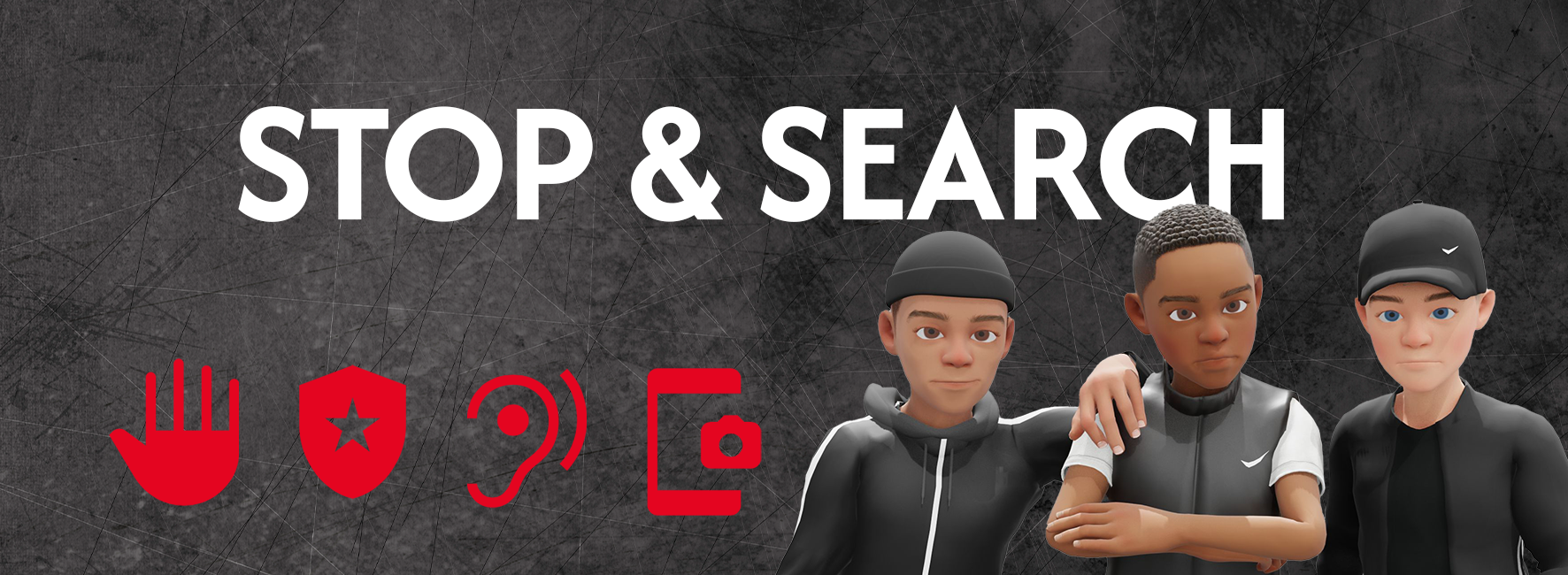
Hi! You’re visiting our Stop and Search page—maybe you want to know more about your rights or had an experience with the police that didn’t feel right. We’re here to help you understand what should happen and how to protect yourself.
Soon, we’ll have a series of videos that walk you through different scenarios. Watch and decide for yourself.

 What is Stop and Search?
What is Stop and Search? 

Police can stop and search you if they have a legal reason to suspect you’re carrying:
When you’re stopped, stay calm and listen. The officer must tell you:
Officers must have objective reasons for the search—not just a hunch or how someone looks. You cannot be stopped and searched based on your race, age, religion, or other protected characteristics.
Reasonable grounds could include seeing suspicious behaviour or receiving credible information.
No—unless:
Even if you’re not holding something illegal, you can be charged if:
This is called constructive possession or joint enterprise. It’s especially important for young people to be aware of this.
This can involve removing outer clothing like jackets, hats, or gloves.
These follow strict rules:
Usually, police need a reason to search you. However, under Section 60, officers can stop and search anyone in a certain area for a set time without suspicion, if authorised due to a risk of serious violence.
Example:
“A Section 60 is in place from 5:00pm to midnight covering the N9 area.”
The police must explain this to you if it’s in effect.
Yes—but only if it’s necessary and proportionate. If you refuse to cooperate, officers can use reasonable force, but they must still follow legal guidelines.
You can make a complaint if you think the stop and search wasn’t handled properly. You have the right to:
The IOPC is an independent watchdog for police complaints across England and Wales.
Being stopped and searched can feel stressful, but knowing your rights helps you stay in control. Stay calm, ask questions, and remember: you have rights.
What is GOWISELY?
Officers use GOWISELY to make sure they follow the rules when stopping and searching someone. This is what it means:
G – Grounds: Why you’re being stopped
O – Object: What they’re searching for
W – Warrant card: Shown if not in uniform
I – Identity: Their name and badge number
S – Station: Where they’re based
E – Entitlement: You can get a written search record (Form 5090A – electronic; 5090 – paper)
L – Legal Power: The law that allows them to stop and search you (e.g. Section 23 Misuse of Drugs Act)
Y – You are being detained: They must clearly say this is not voluntary
The officer must cover all of these points, though not necessarily in this order.